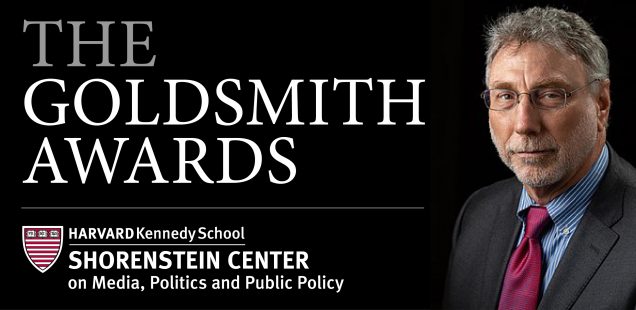Adam Berinsky: Political Misinformation in the Modern Day
Adam Berinsky is the Mitsui Professor of Political Science at MIT and serves as the director of the MIT Political Experiments Research Lab (PERL). He is also a Faculty Affiliate at the Institute for Data, Systems, and Society (IDSS). Berinsky received his PhD from the University of Michigan in 2000. He is the author of […]
Adam Berinsky: Political Misinformation in the Modern Day Read More »







